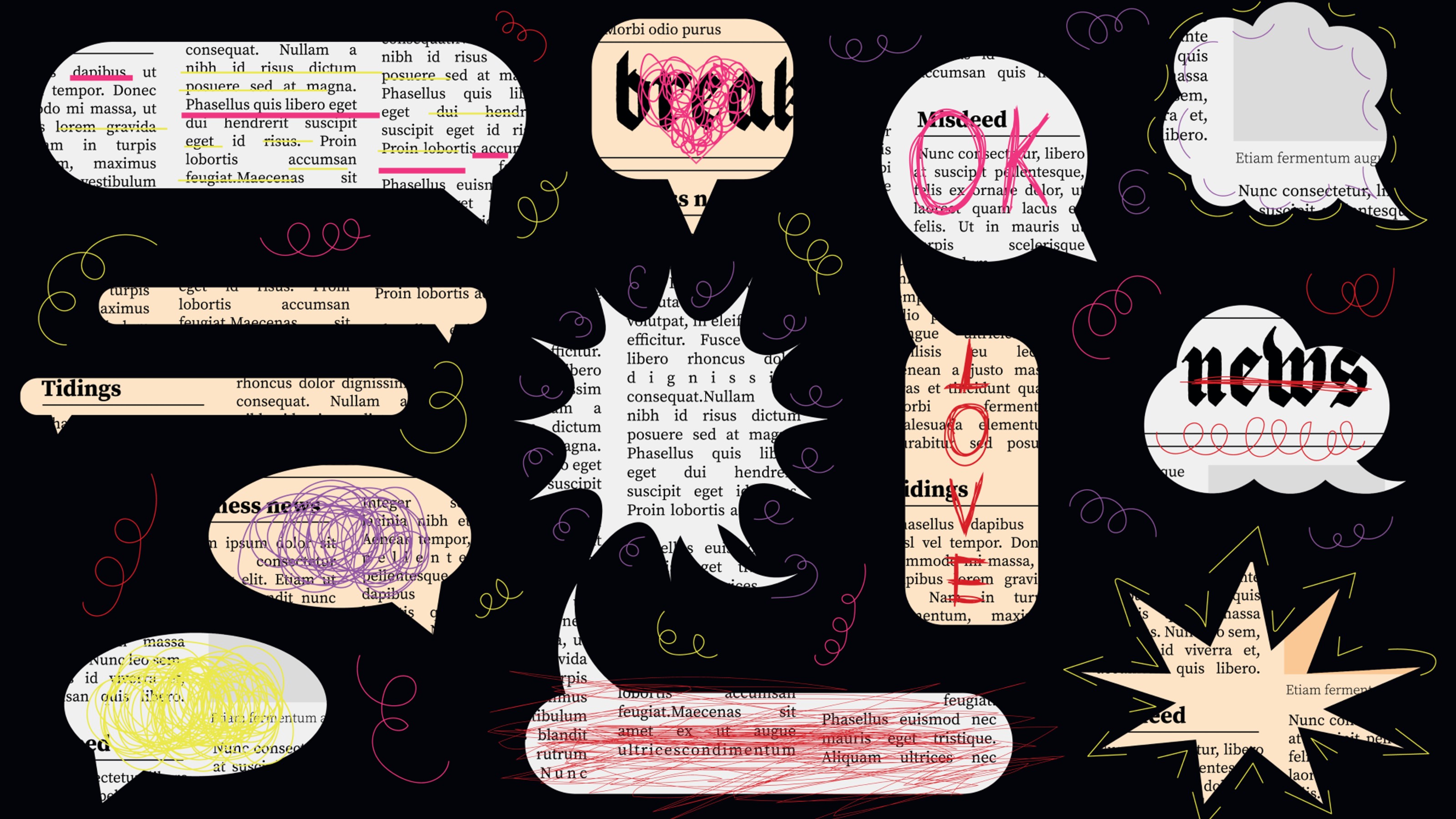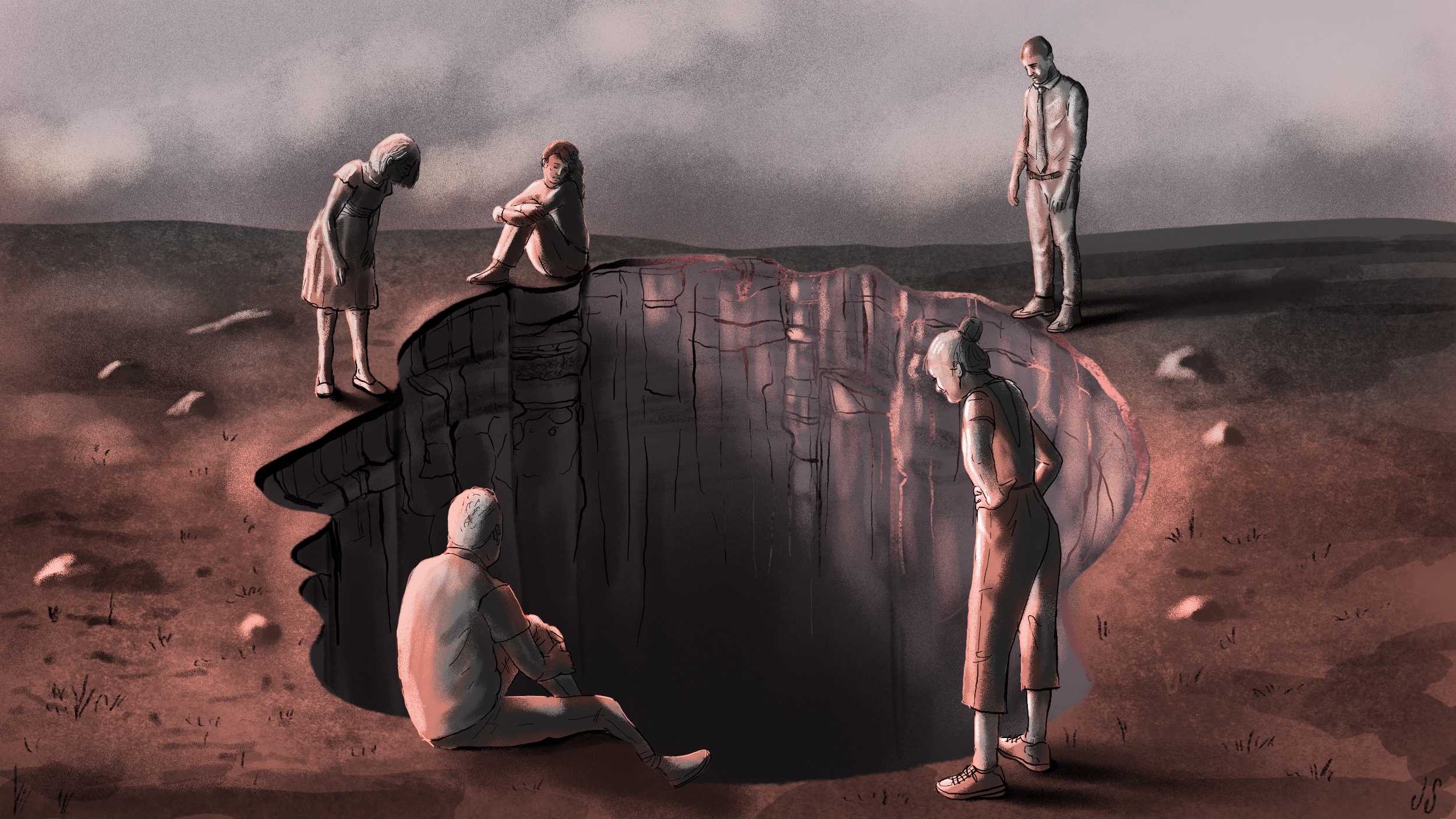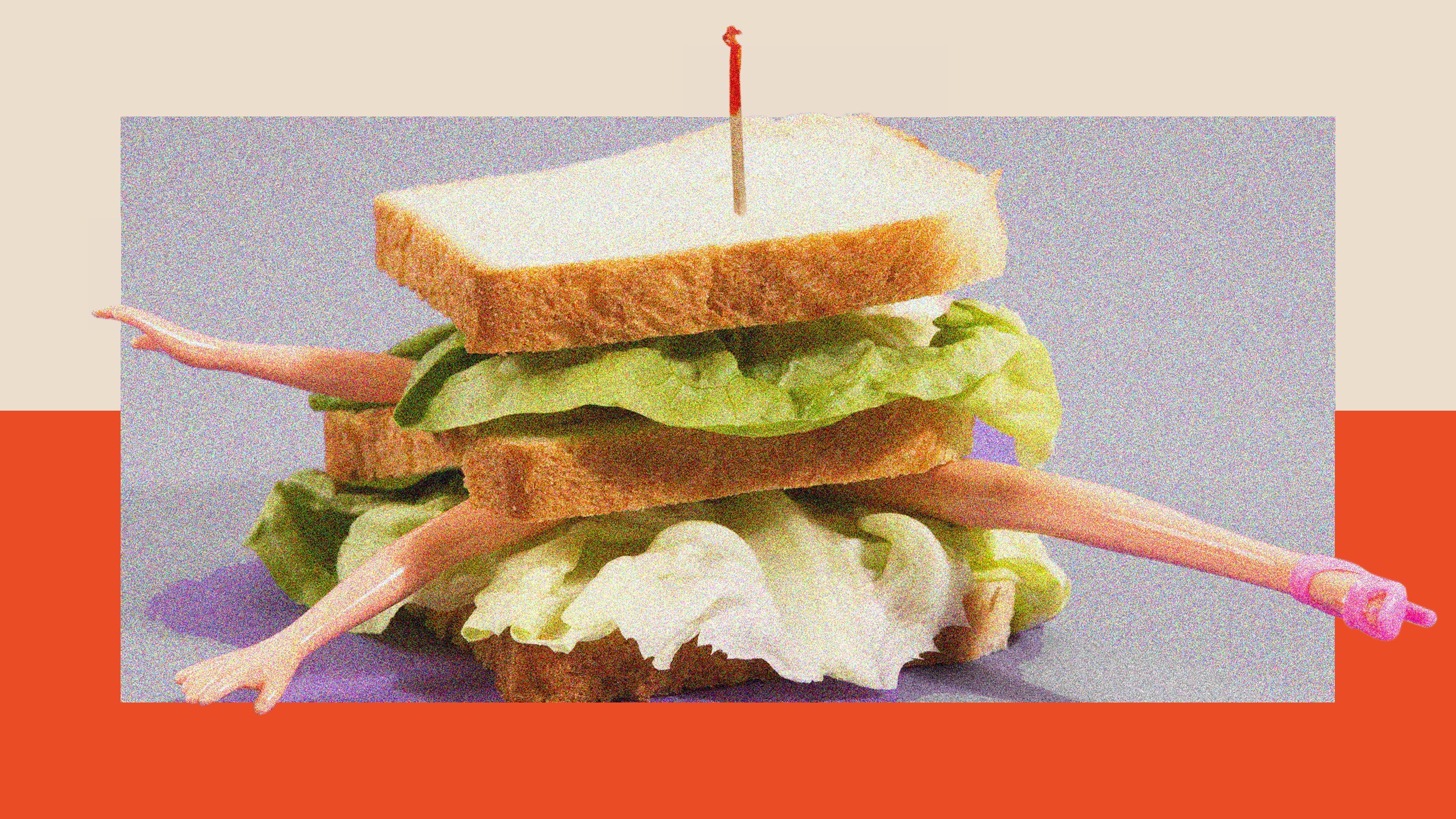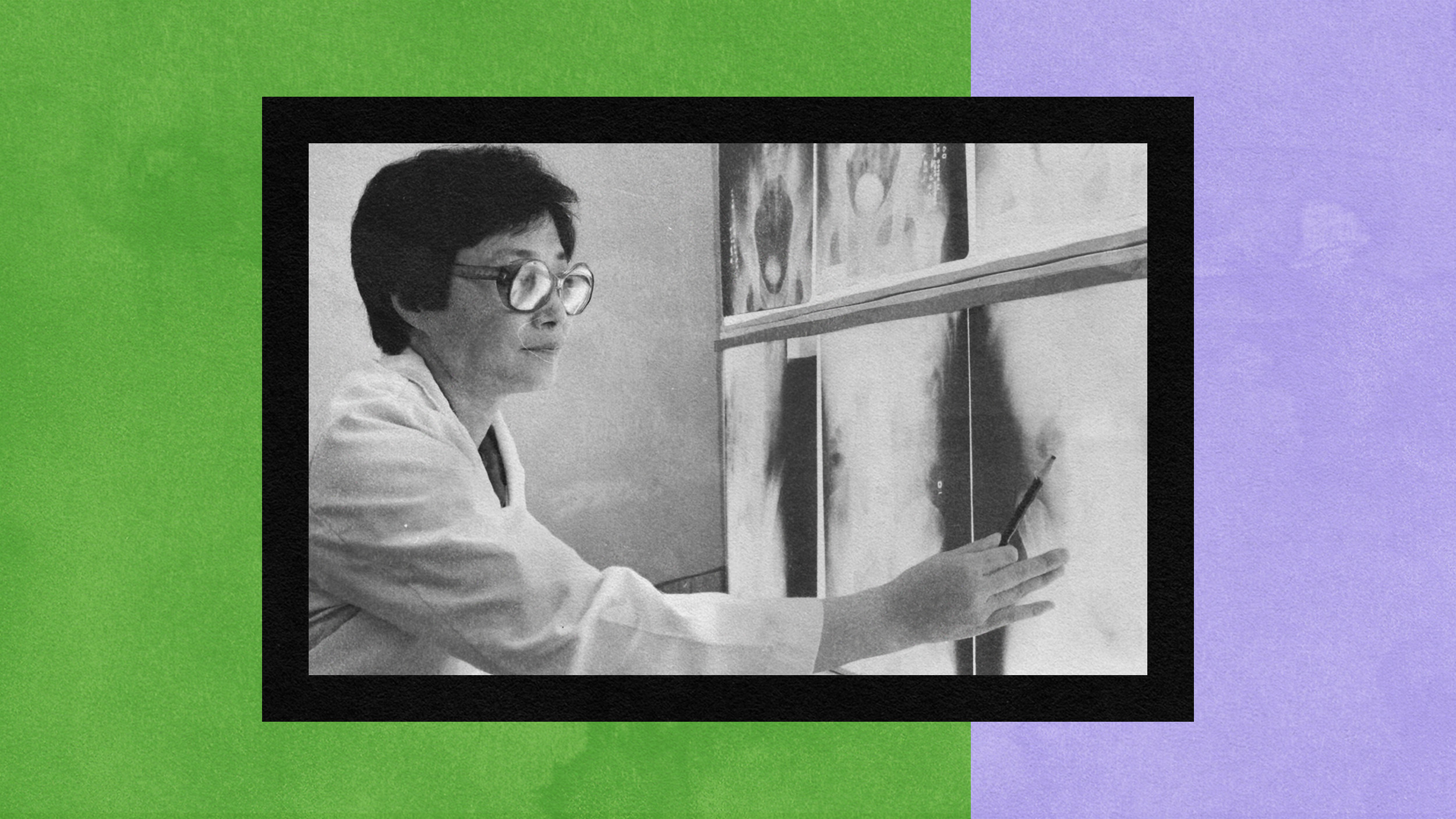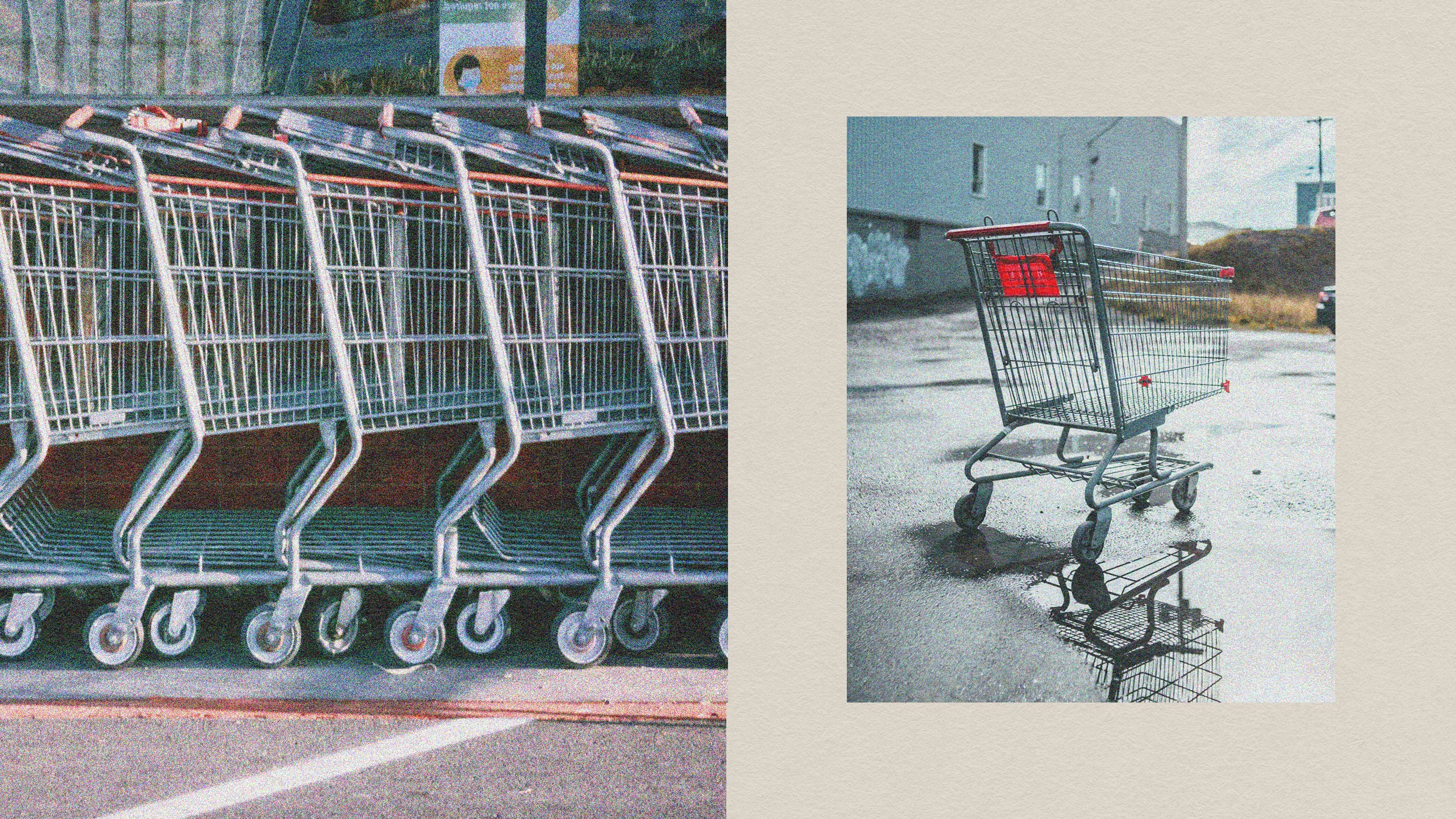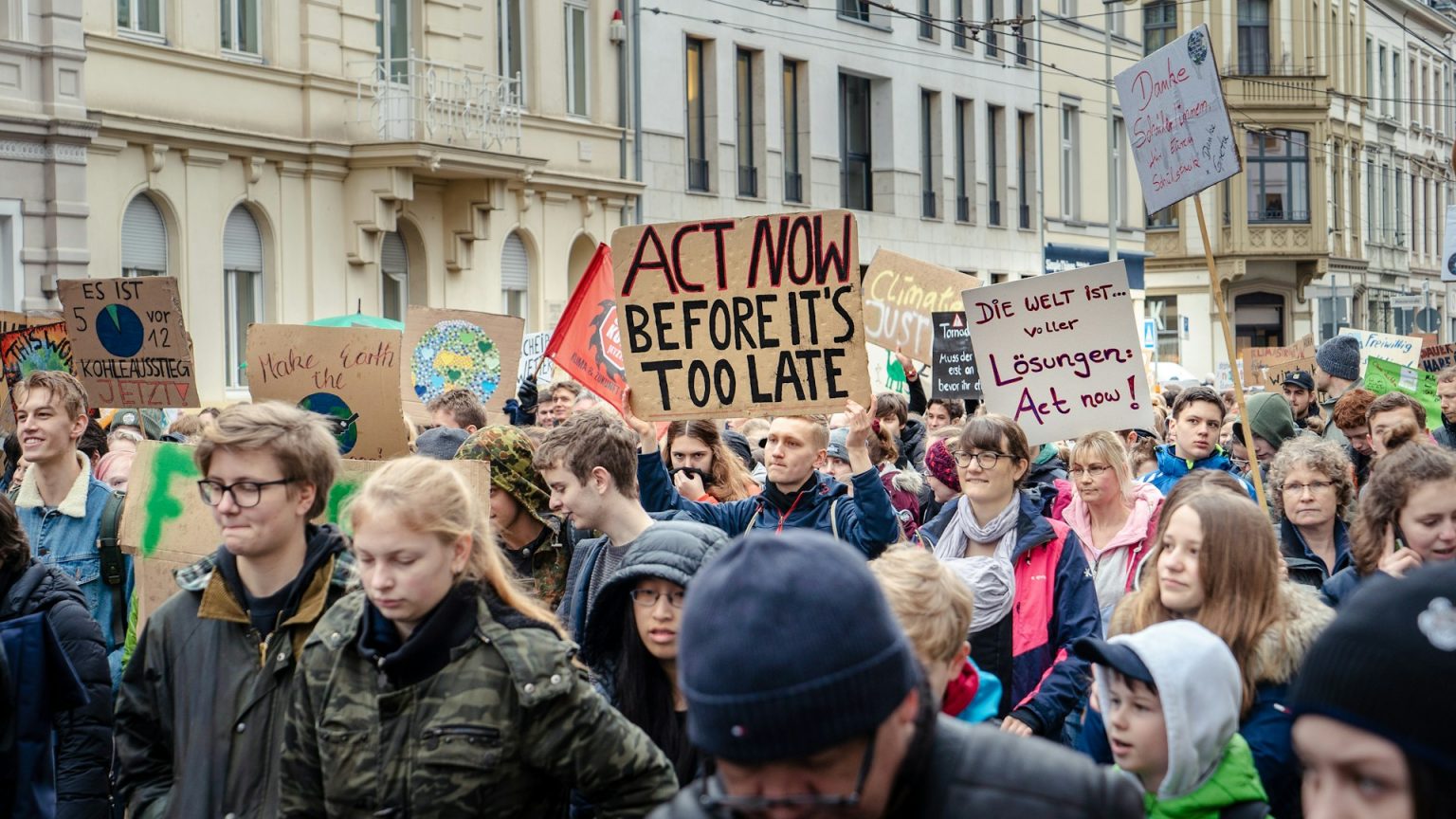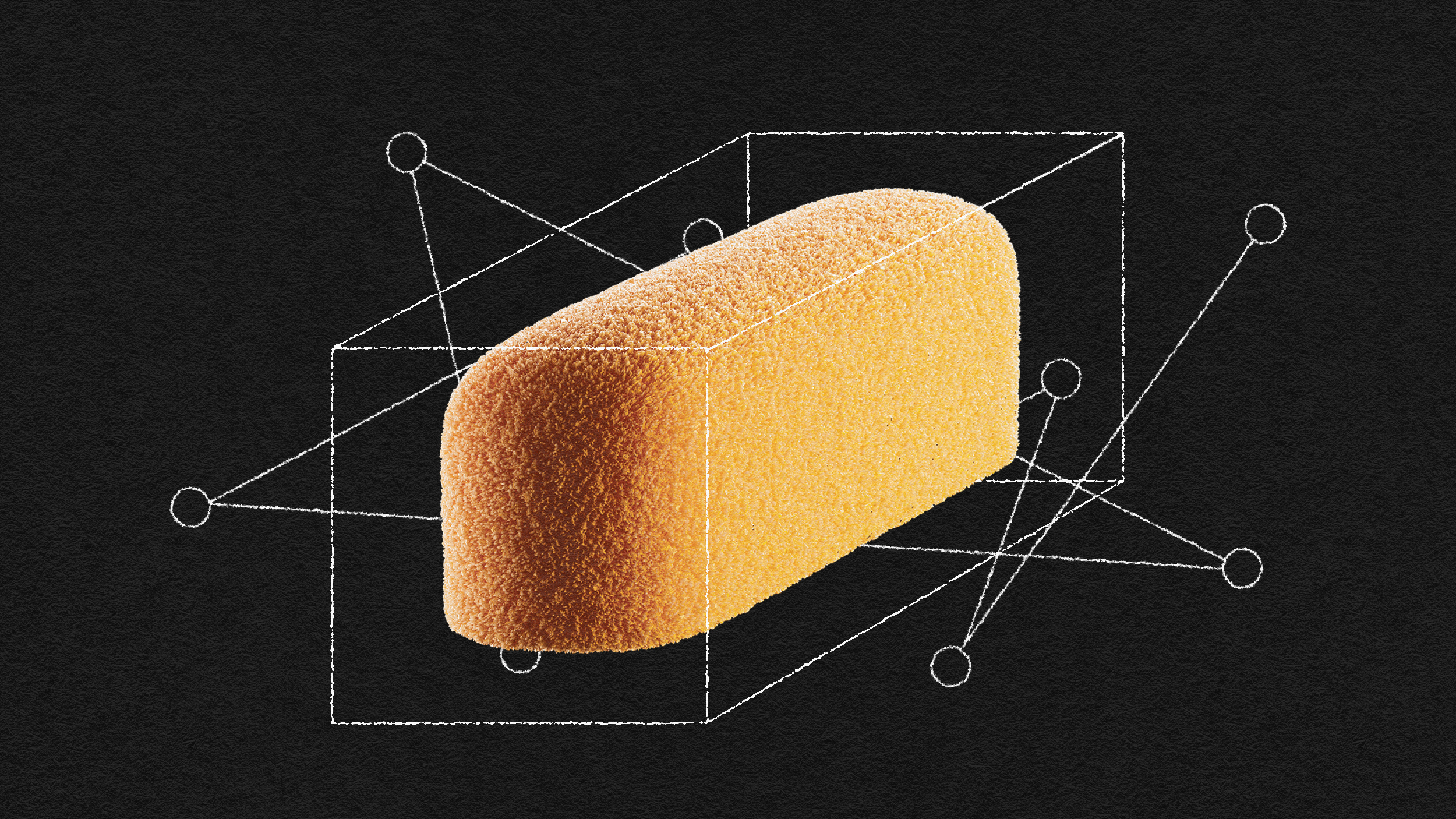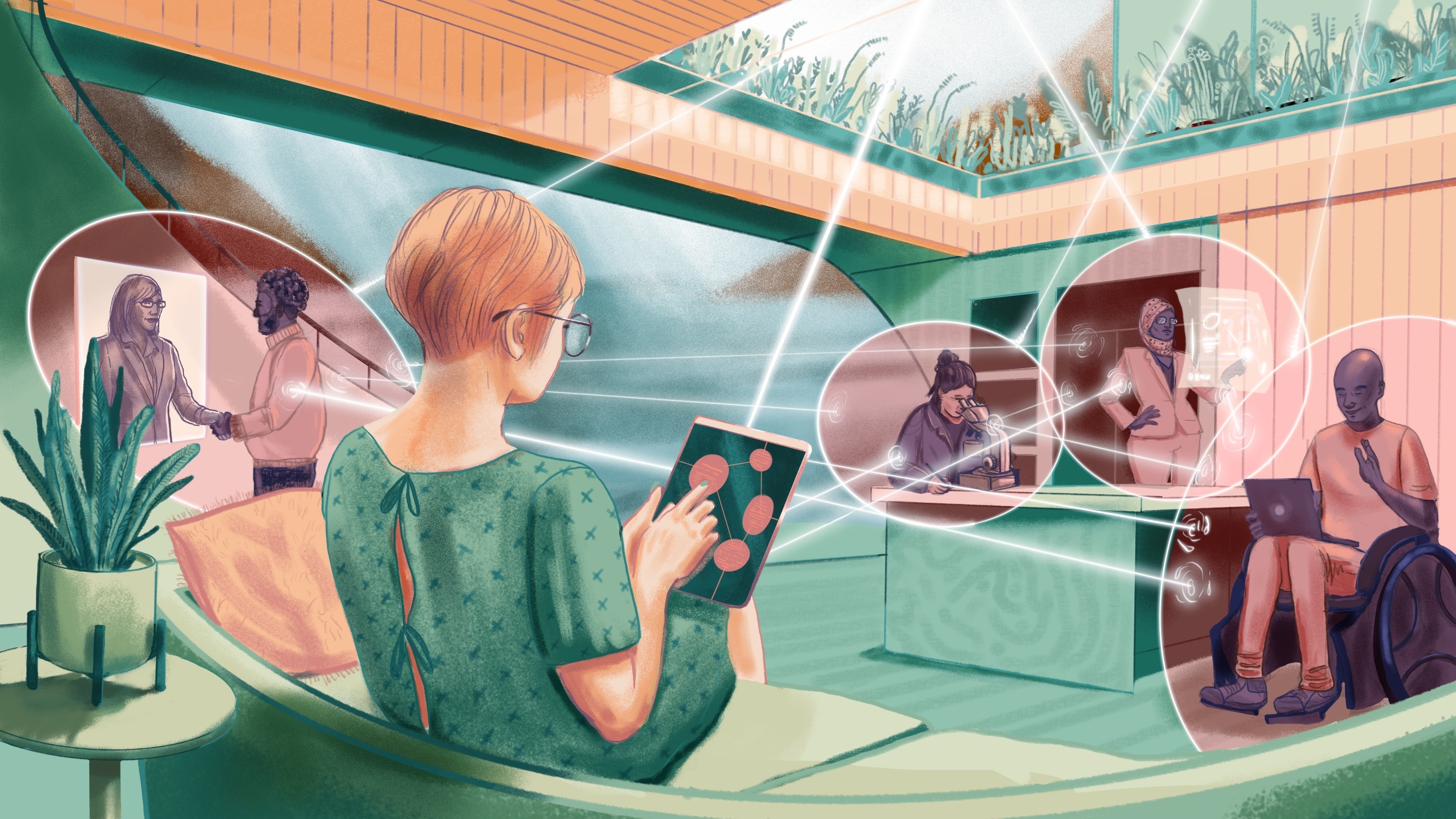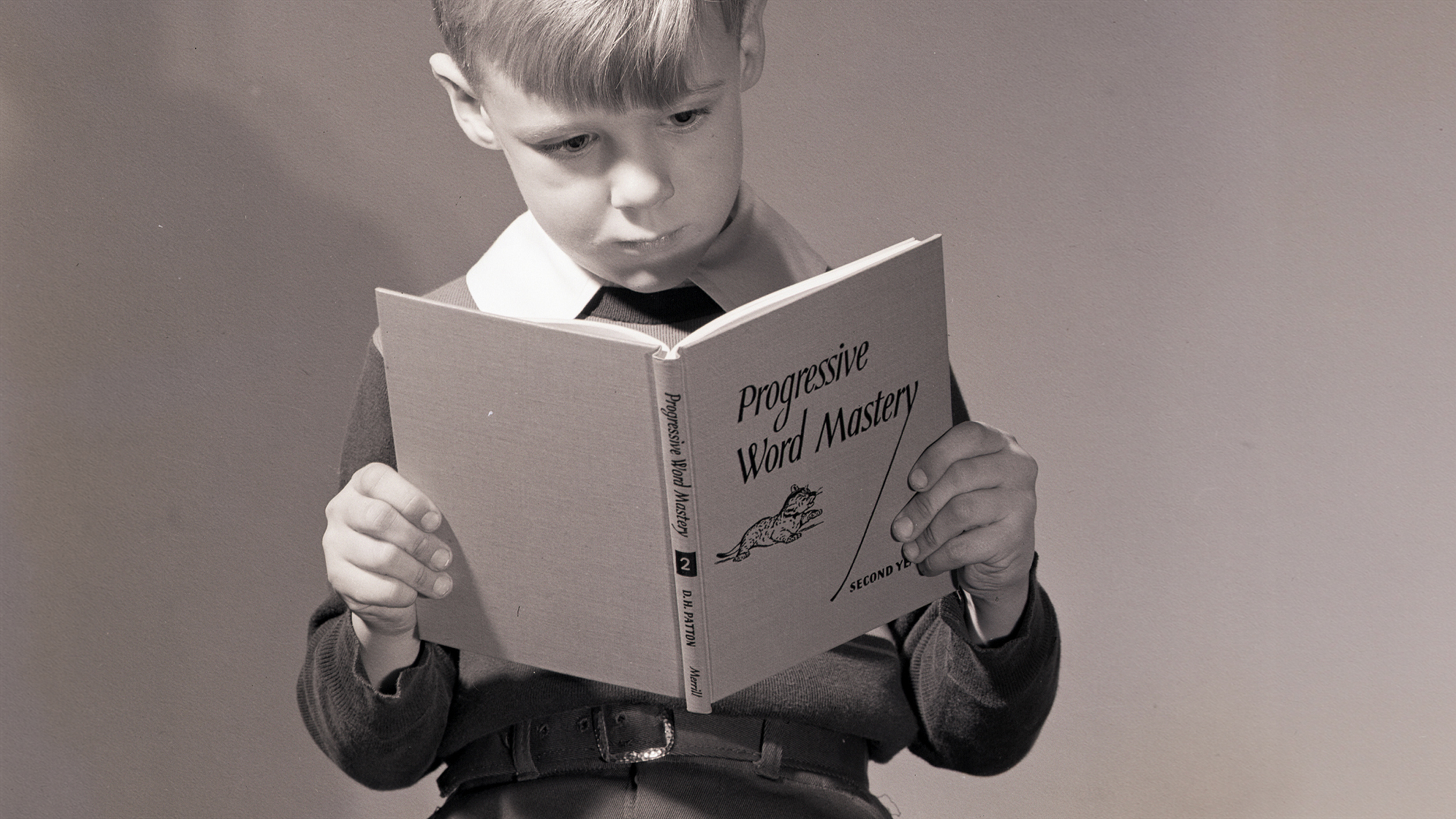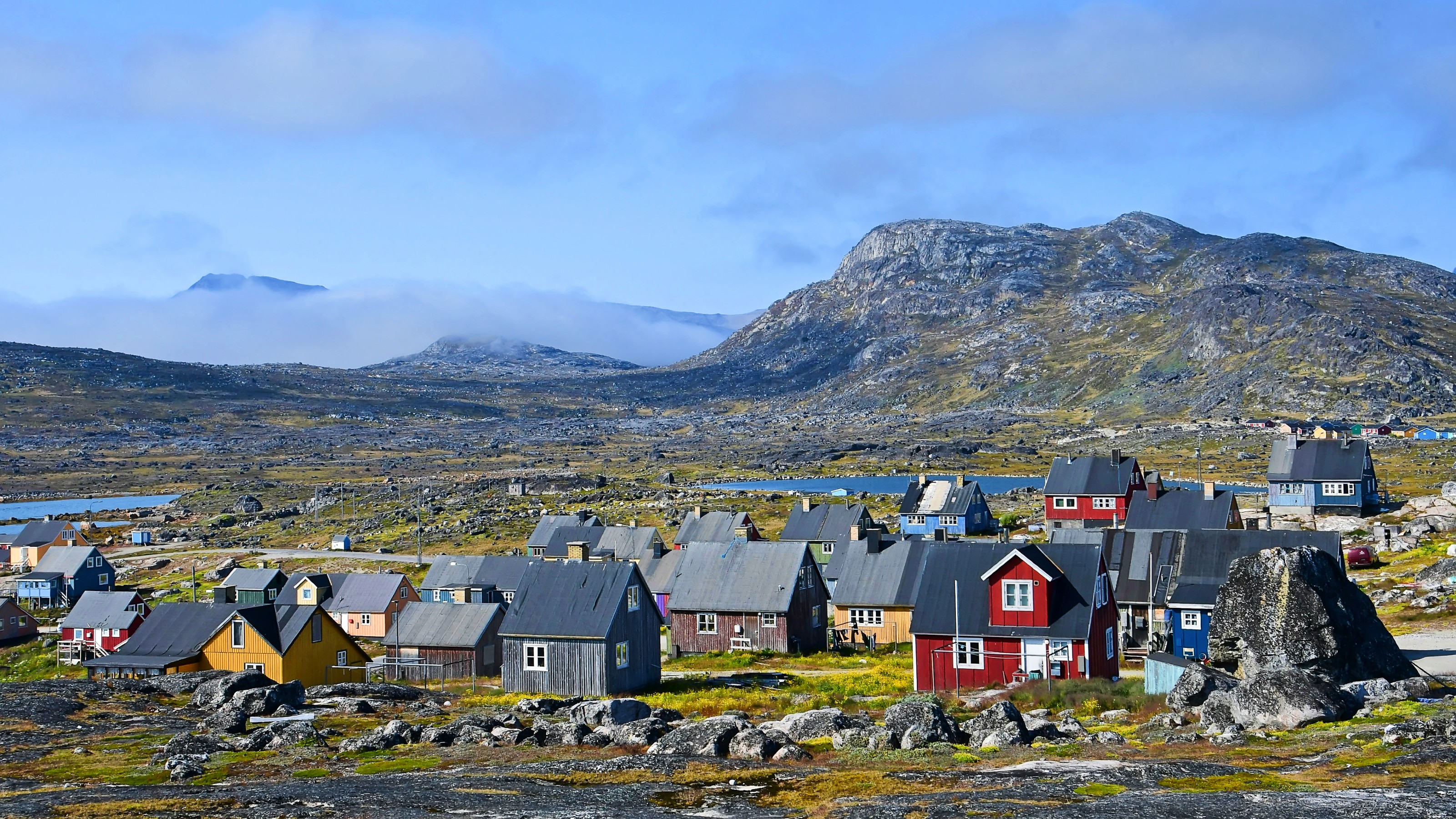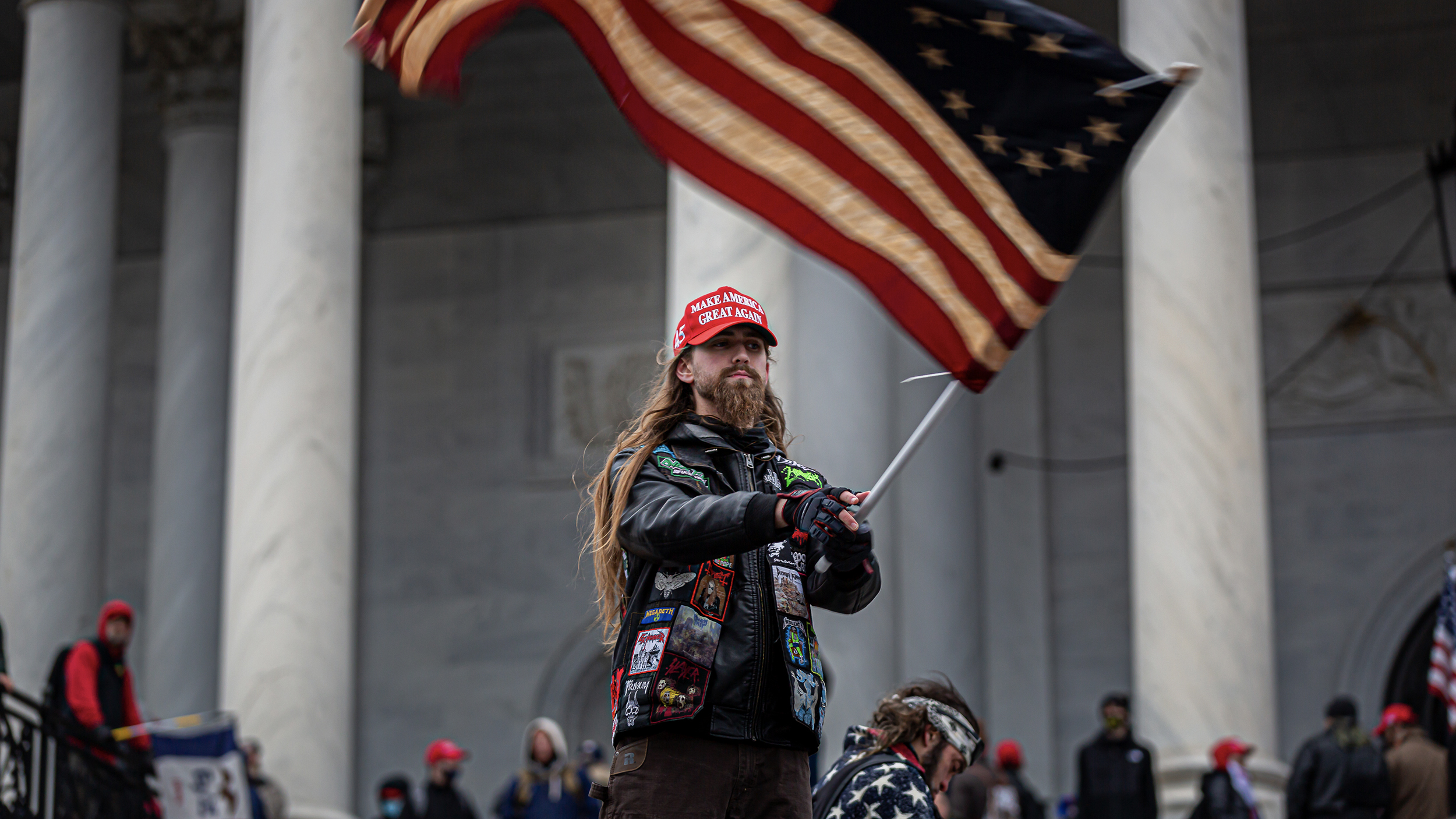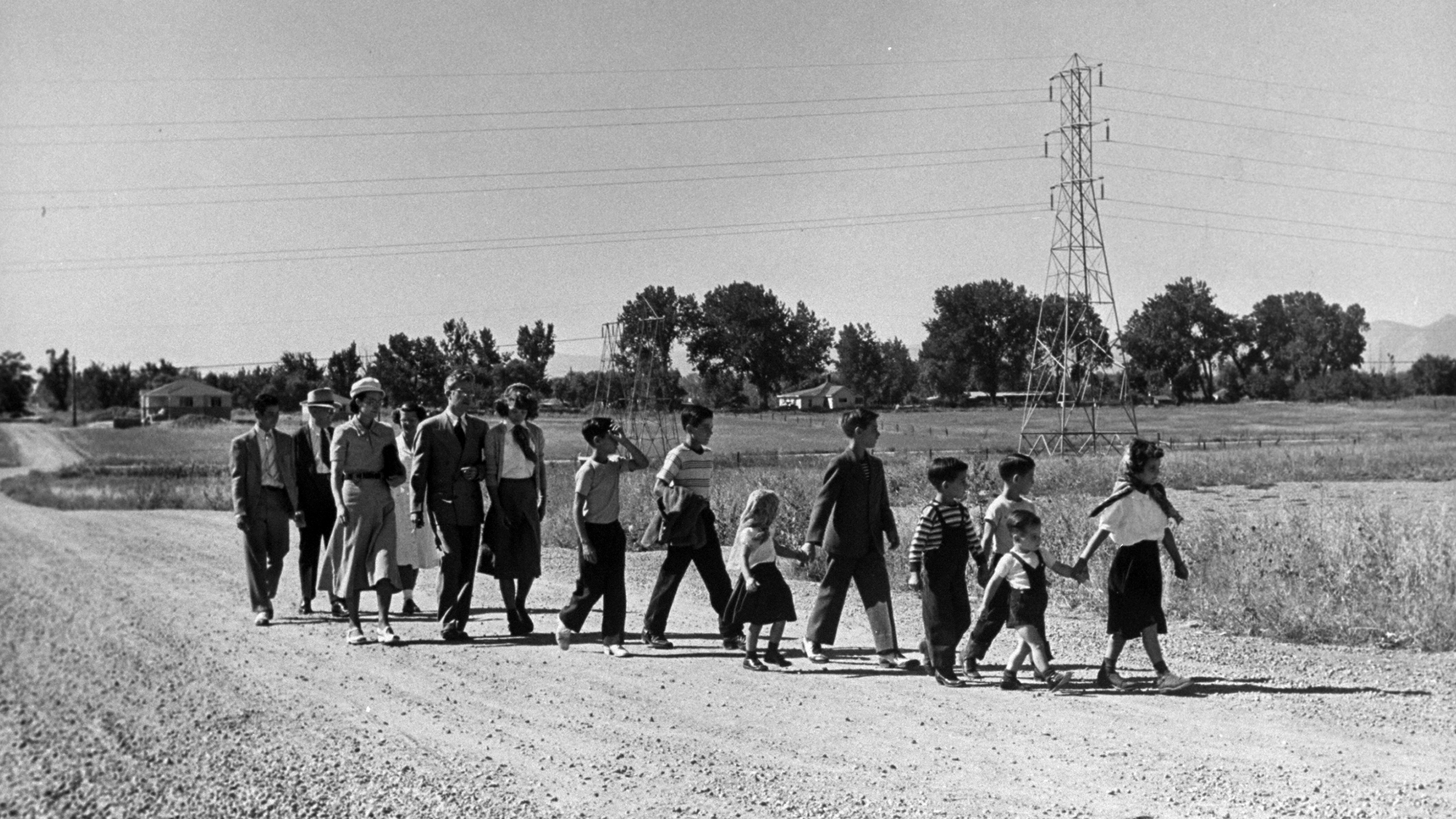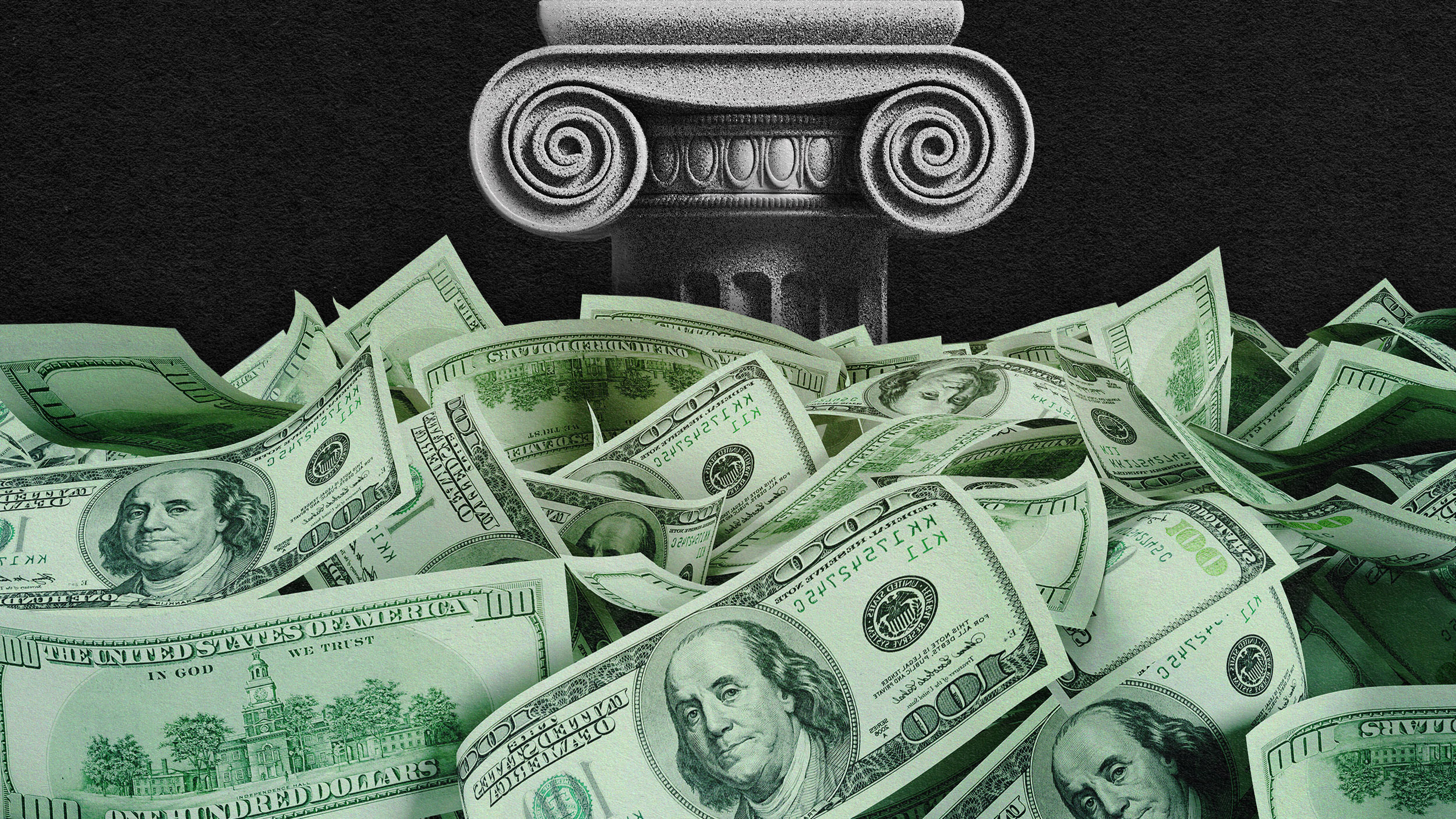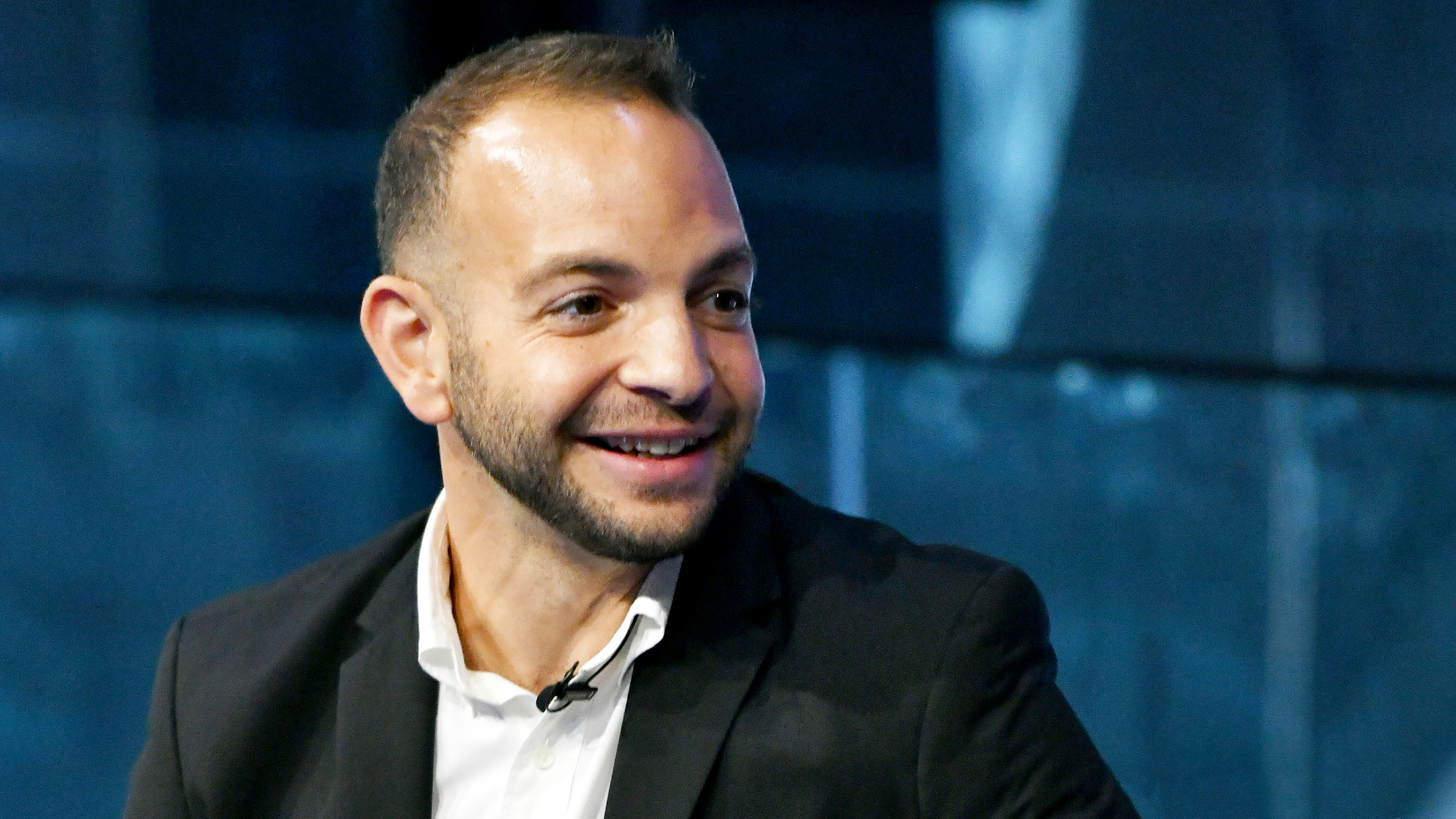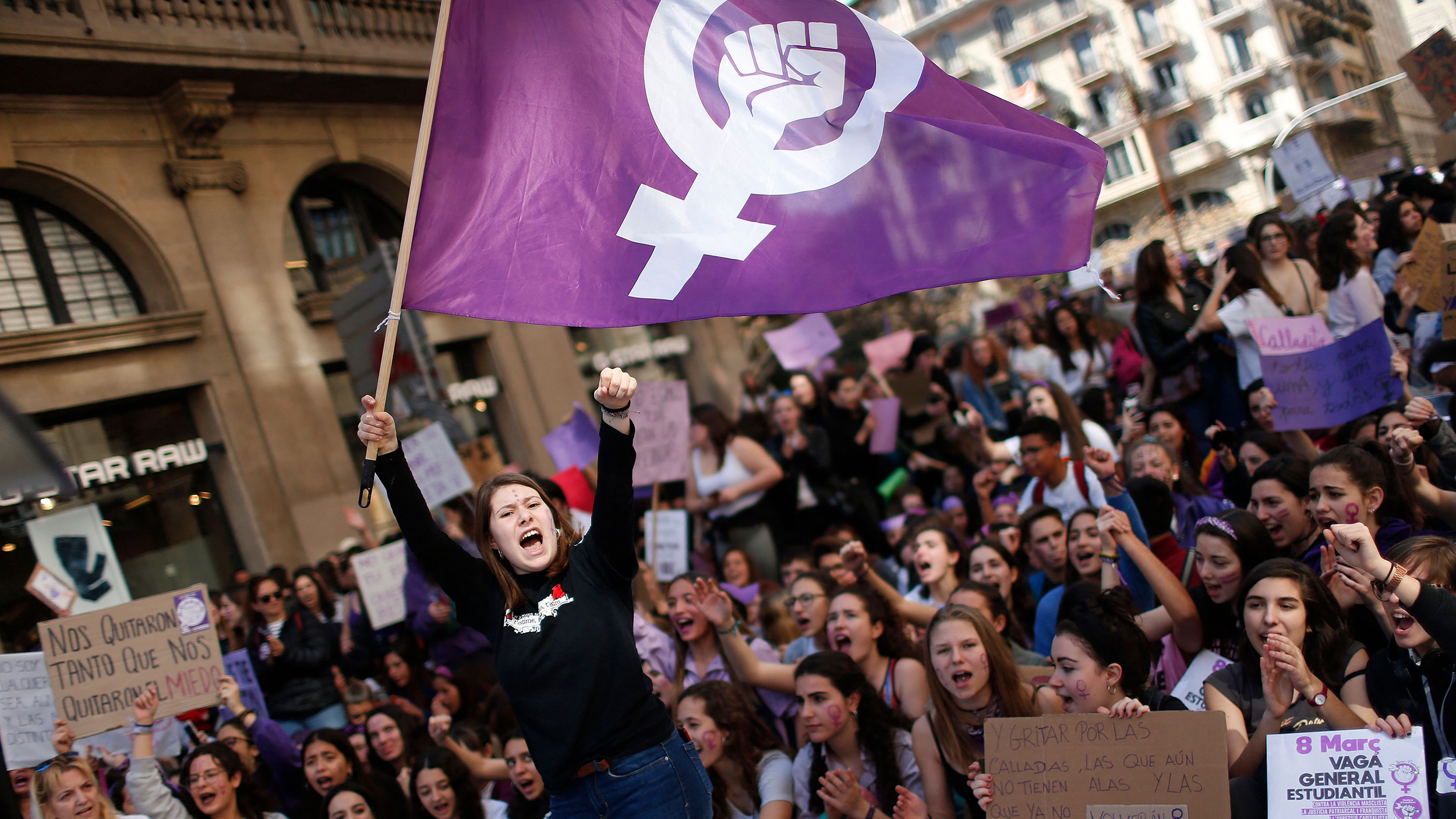sociology
In “Not Born Yesterday,” author and cognitive scientist Hugo Mercier makes the case that misinformation is overrated — and other human foibles are underrated.
Mental health awareness is more widespread than ever. Some professionals think it may have gone overboard — especially on TikTok.
Are fava beans and chianti really the best pairing for human liver?
Female physicians tend to practice medicine as it should be practiced: with care and compassion.
The “Shopping Cart Litmus Test” is a popular meme about morality. What does it really reveal about one’s character?
The Human Chronome Project finds that the average human sleeps for 9 hours but only works for 2.6 hours.
“Values emphasizing tolerance and self-expression have diverged most sharply, especially between high-income Western countries and the rest of the world.”
The majority of people in every country support action on climate, but the public consistently underestimates this share.
In the murder trial of Dan White, the defense touched on diet as a cause for White’s actions. It has become known as the “Twinkie defense.”
Public mass shooters almost always have worldviews shaped by the “3 Rs”: rage, resentment, and revenge.
A physicist, a psychologist, and a philosopher walk into a bar and discuss a framework for thinking better in the 21st century.
Susannah Fox, former chief technology officer for the HHS, explains how technology has empowered us to help fill in the cracks of the healthcare system.
The National Defense Education Act of 1958 meshed with white anxiety about the desegregation of schools.
Is it genes or their special bond that drives identical twins to offend at similar rates?
Genes are sometimes called the “blueprint of life,” but that doesn’t make them the behavioral playbook.
About three out of every four people arrested in the U.S. are men. That rate is similar across the world.
In 1924, sociologist and social reformer Caroline Bartlett Crane designed an award-winning tiny home in Kalamazoo, Michigan.
Some of the world’s most satisfied societies are poor, small, and remote.
An MIT study finds the brains of children who grow up in less affluent households are less responsive to rewarding experiences.
Five times in U.S. history, American presidential candidates have ascended to leadership despite lacking the popular vote. Here’s how.
People who score high in “obsessive passion” can become rigidly consumed by ideological causes — sometimes dangerously so.
From Hogwarts to hashtags, kids’ reading habits have changed drastically in recent decades — but data suggests cause for hope.
Smaller family networks, more great-grandparents, and fewer cousins.
The U.S. ranked 59th worldwide.
Is it better to be the oldest sibling, the youngest, or in the middle?
Today, the F-word is enjoying a renaissance the likes of which it hasn’t seen since, well, the Renaissance.
You can learn an awful lot about people, culture, and politics by studying R.
How much do citizens really value free elections?
When ancient humans stared into the darkness, they imagined monsters. Today, staring into the future, AI is the monster.
